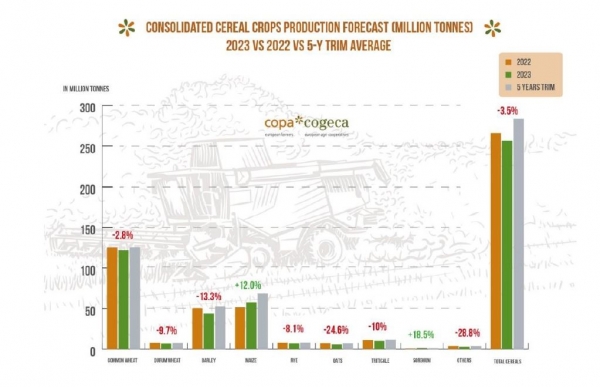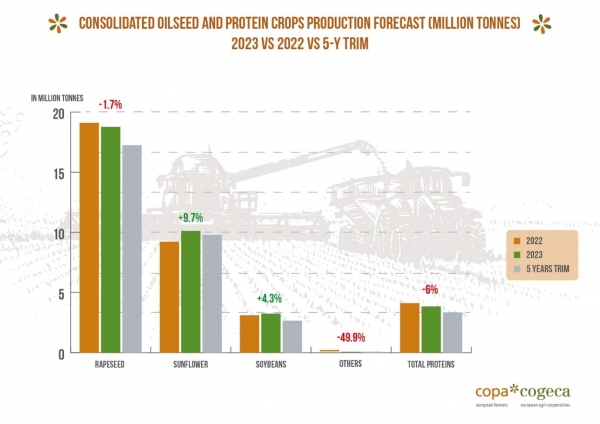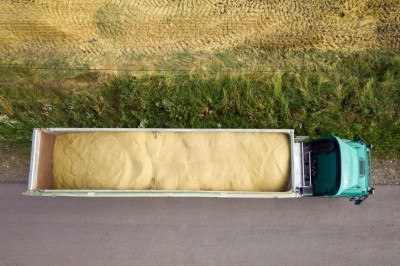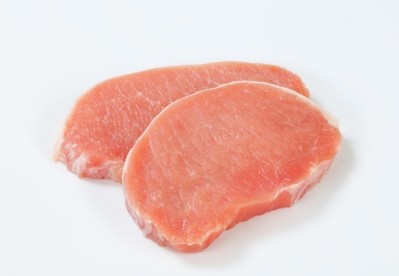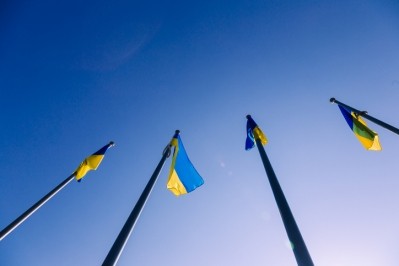Agri-commodity market tracker
Russia withdraws from Black Sea grain export deal
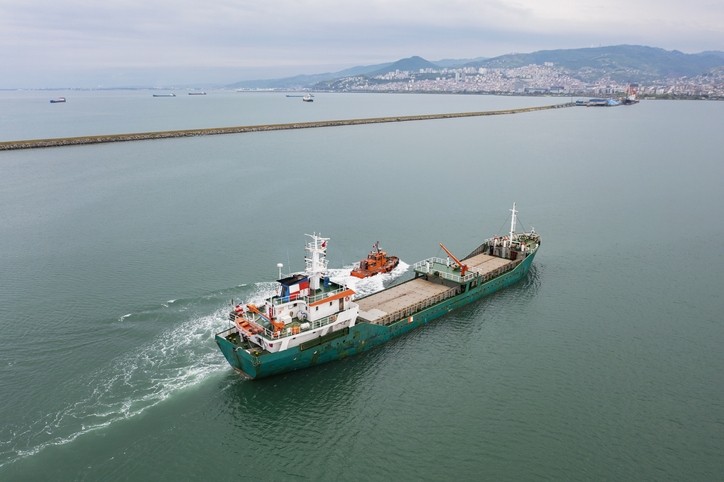
Dmitry Peskov, spokesperson for Russian president, Vladimir Putin, told reporters that the UN-brokered agreement had “essentially stopped” and that Russia would no longer be cooperating, as reported by Interfax today.
He said the decision to pull out of the deal was not linked to Monday’s blast on the Crimea bridge, which connects the annexed peninsula to mainland Russia.
Commenting on the development was Carlos Mera, head of agri commodities markets at Rabobank. He said Russia’s decision is a blow to the markets and will halt the flow of agricultural commodities leaving Ukraine by the ports on the Black Sea, reads the Moscow Times.
“Almost 33 million metric tons of grains were exported under the previous deal, which supported price stability and prevented shortages across the developing world. The market was already anticipating a cancellation, with wheat prices up by 3% today, to an accumulated 12% increase since Wednesday last week.”
Ukraine will now be forced to export most of its grains and oilseeds through its land borders and Danube ports, he noted.
“This will significantly drive up transportation costs and pile further pressure on Ukrainian farmers’ profits. The knock-on effect of this is that it could prompt them to plant less next season, placing further pressure on supplies going forward.”
This situation means poor countries in Africa and the Middle East will be more dependent on Russian wheat, as the country represents more than 20% of global wheat exports, remarked Mera.
“Meanwhile, the stocks-to-use ratio in exporting countries other than Ukraine and Russia is going down.”
Stakeholder action
Last week saw EU and UN officials try to save the deal.
UN secretary-general, Antonio Guterres, proposed in a letter to Putin last week that the EU was considering connecting a subsidiary of the Russian Agricultural Bank (Rosselkhozbank) to the international payment network SWIFT to allow for grain and fertilizer transactions, sources familiar with discussions told Reuters on Wednesday.
EU cereal production hit by drought
Today also sees Copa and Cogeca express concerns about the prospects for cereal production in the EU due to the ongoing drought conditions. “In the space of two months, forecasts for harvests which were initially positive have been turned on their head by poor weather conditions across Europe.”
Oilseeds and protein crop output has not been hit. “However, for cereals the situation is extremely worrying with an expected production of 256 million tons, possibly the worst harvest since 2007 and 10% below the last 5-year average.”
The farming representative group said farmers will be left out of pocket, unable to cover their production costs, as a result.
Droughts conditions continued in May and June, with no precipitation at all in some regions. “We are now expecting a serious reduction in production, especially for cereals, not only in Spain, Portugal, or Italy (up to -60% compared to 2022), but all over the EU (e.g., Romania -20%, Finland -30%, Poland - 14%, Lithuania -35% compared to the May forecast).”
The low cereal production numbers will be accompanied by an issue of poor crop quality in many regions, added Copa and Cogeca.
Flexibility urged in implementation of CAP measures
European farmers face a double whammy as on top of low production they have faced high input prices and low future prices for all crops, said the lobby group.
In addition to elevated energy prices and the ongoing general inflation, the EU farming sector body highlighted how fertilizers used for the 2023 harvest were bought when prices were at the highest in 2022.
“With current very low future prices for cereals (€219/t of milling wheat) and oilseeds (€407/t for rapeseed) this creates a situation that is simply untenable for most farmers. Against this background, Copa and Cogeca call upon the Commission for flexibility in the implementation of the CAP this year."
The farmer representatives are also seeking derogations in 2023, due to what they say will be the impact of these climatic conditions on the next agricultural year. An extension of the suspension of import duties on ammonia and urea and the widening of that measure to include other mineral fertilisers would also help farmers cope with what is a "very difficult" situation, they stressed.
